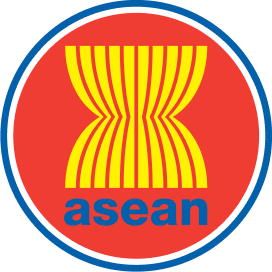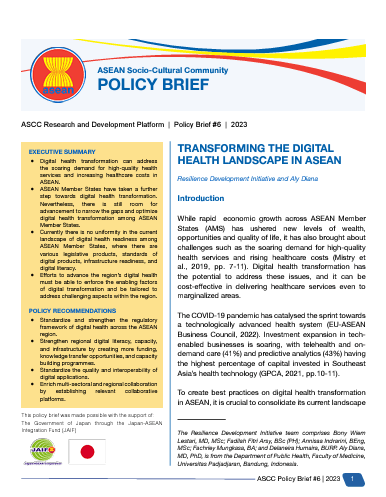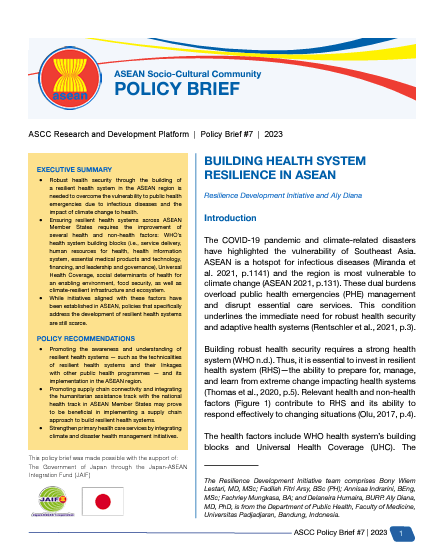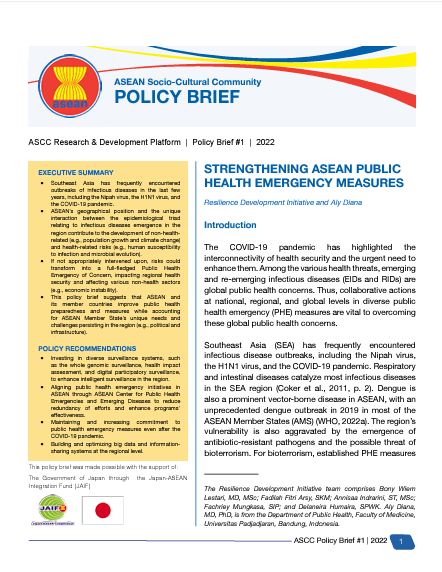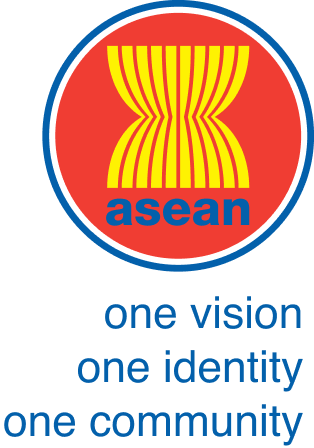Noncommunicable Diseases (NCDs)
Noncommunicable diseases (NCDs) are the leading causes of mortality in the ASEAN region. In ASEAN, the major NCDs are cardiovascular diseases, diabetes, cancer, chronic respiratory diseases, and mental disorders, which are driven primarily by tobacco use, alcohol consumption, physical inactivity, and unhealthy diets. Moreover, the ASEAN region grapples with a triple burden of malnutrition, with both low and middle-income countries and rapidly growing nations experiencing overweight issues, micronutrient deficiencies, and persistent undernutrition. Despite ASEAN efforts on promoting healthy lifestyle, policy gap analysis reveals that fragmented interventions and regulatory rollouts are insufficient. Thus, ASEAN must transition towards designing healthy cities that prioritise health in development frameworks and integrate health promotion into national strategic plans, ensuring a comprehensive approach to addressing health risks.

